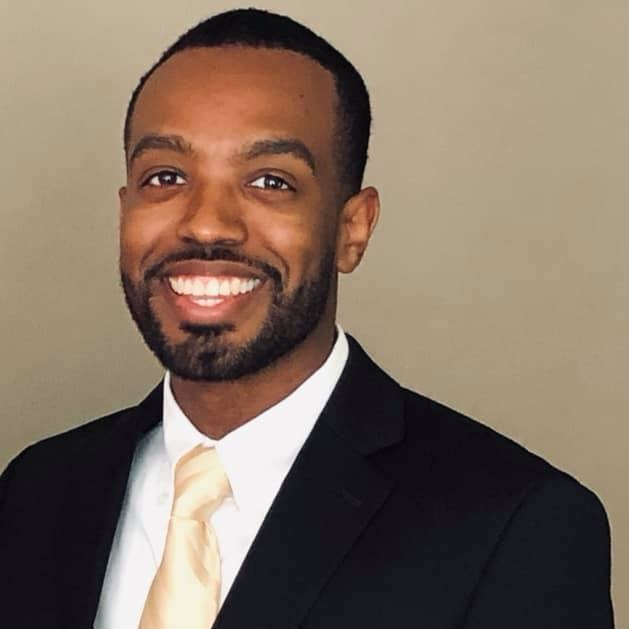
All the way from Jeffersonville, Indiana, Joshua Cloudy is a doctoral student in the College of Media & Communication studying political violence and political
extremism, while also teaching classes as a lecturer.
In honor of Black History Month, Cloudy said while he does not have any specific traditions
during the month, he enjoys the social media recognition and highlights of it being
a historical month.
“[I] enjoy the TikTok series right now where everyone is basically saying you have
to be nice to us,” Cloudy said. “It's like our birthday.”
When it comes to communication scholars, Cloudy said there is not a lot of Black representation.
Theories and research that are referenced in his studies were created by white men
or women he said.
“It would be nice to kind of make an impact,” Cloudy said. “As I said, I don't see
a lot of Black faces, like in this particular space, so it'd be nice to sort of change
that.”
While Black representation is hard to come by in this field, Cloudy said he has been
fortunate to still be in diverse places in his studies. He attended the University
of Louisville for his master's degree and had the opportunity to work under a Black
graduate student, who went on to work under a Black female professor.
“I feel like I've been in relatively safe spaces,” Cloudy said.
In order to maintain a safe space and comfort for other students of color, Cloudy
said mentorship programs within the graduate school are important to take part in.
He said while there are not a lot of Black graduate students who join the program,
there are other minorities or diverse students who he has mentored and who want to
be mentored.
Cloudy said there was a time that an African student joined the program and it was
his first year and he was able to guide and advise him as they had classes together.
Hopefully, I can be sort of like a welcoming presence to people in general,” Cloudy said.
“Particularly students who we can kind of identify with each other and they might struggle with one area another and not feel as comfortable.”
Cloudy said there is a natural pressure that comes with being the only one who looks
like different in a room. However, he said he has not felt explicit pressure when
it comes to the programs he's been in.
“There's never any sort of thing where it's like, ‘Hey, we need you for a diversity
picture or hey, we need you for Diversity Committee,' because like I said, we have
diversity,” Cloudy said.
Cloudy said he knows how important diversity is and it's not about a number. A place
that has diversity makes it a better experience for everyone.
He said within the CoMC program, it is a welcoming environment where people are respected
and the Ph.D. students especially tend to respect the undergraduate students and their experiences,
whereas in other universities it's not the same case.
Cloudy said institutions are worse off when they do not have diversity, no matter
how prestigious they consider themselves to be.
“I appreciate the fact that that we do have a somewhat diverse program,” Cloudy said. “I think we benefit from that. And I think the more sort of unique voices that we can get, helps makes us better.”
[Read more stories about Black excellence in the College of Media & Communication.]
